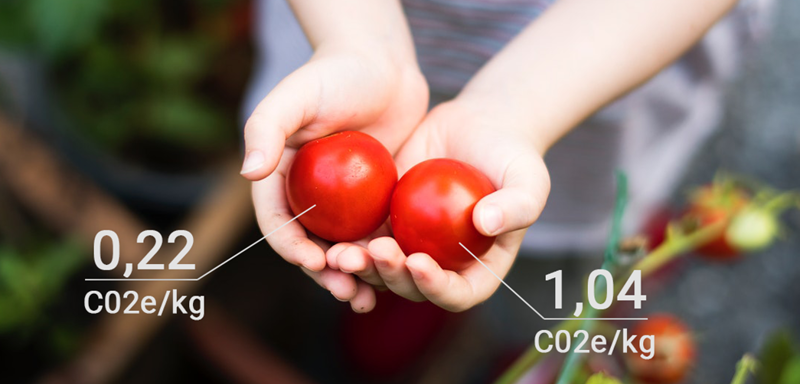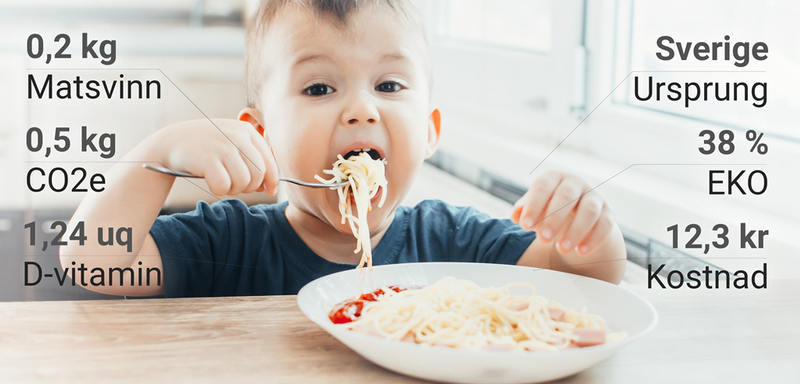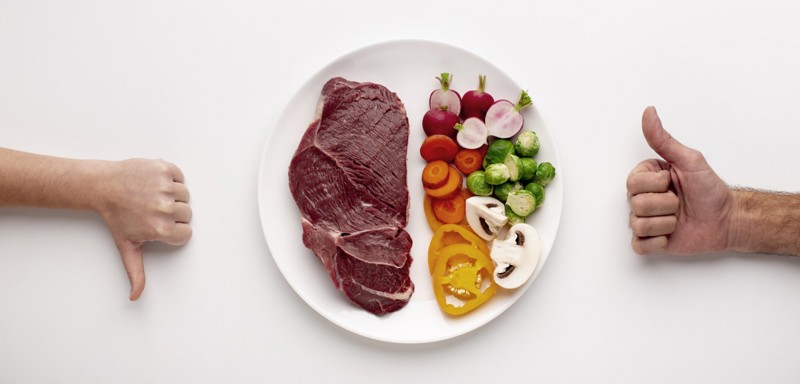5 tips when measuring food waste
Do you monitor and measure your food waste? Even if you have just started measuring or have been doing it for a while, there are some important basics to consider in order to ultimately succeed in reducing food waste. By setting clear goals, measurement and an action plan, food waste can be greatly reduced in a short period of time. Here we list our 5 best tips to succeed with your waste measurement:

1. Measure food waste throughout the production process:
Measure the waste at all the different stages of the meal process. To make improvements later, we must first have concrete figures to compare.
Kitchen waste
- Storage waste
- Preparation waste
- Cooking waste
Serving waste
Plate waste
One tip is to have separate bins for each type of waste, write clearly on the bin so everyone can clearly see. It is then easier to distinguish the different types of waste.
2. Measure food waste continuously
Measure food waste continuously to get a fairer picture of what it actually looks like and get a picture of which dishes or combination of dishes cause more or less waste.
3. Prepare a waste analysis
Based on the measurements, conduct a waste analysis and obtain a total overview of where in the organisation the different types of waste were reported and what it means for the organisation as a whole or per kitchen.
To obtain the percentage of waste per eating guest, information is needed on how many people ate that day. Keep track of the number of plates used by measuring the stack of plates in the dispenser before and after lunch or by counting the number of full trays of plates from the counter.
4. Set goals
Set common goals to get all kitchens working towards the same goal. Set reasonable goals that motivate good work; interim goals can be good for making overall and long-term goals more manageable. A goal must be measurable and time-bound so that you can determine when the goal has been achieved.
5. Engage the staff
Make sure that everyone is on board and committed. Without commitment from the staff, we cannot succeed with the project. Make sure everyone is motivated, has the right knowledge and equipment to succeed. Also, be sure to celebrate and praise each other for good work and commitment, the way there is often more important than the result.

Sustainability
Climate-smart food is not more expensive
From the Swedish Food Agency's survey “Hur ser beslutsfattare på den offentliga måltiden?” (How do decision-makers view the public sector...

Foodtech
Food and data go hand in hand
Food is vital to humanity, but food is also data. Society places increasingly high demands on what we eat, how the food ends up on the pl...

Sustainability
What is actually most sustainable?
Meat, vegan, locally produced and organic - what is actually most sustainable from an overall perspective? We enlist the help of three ex...